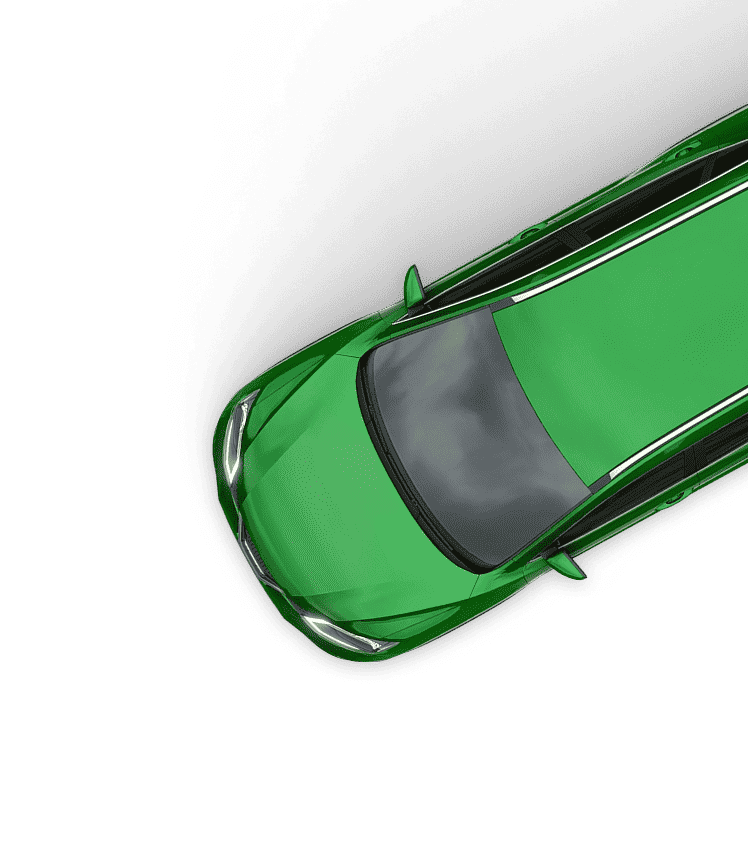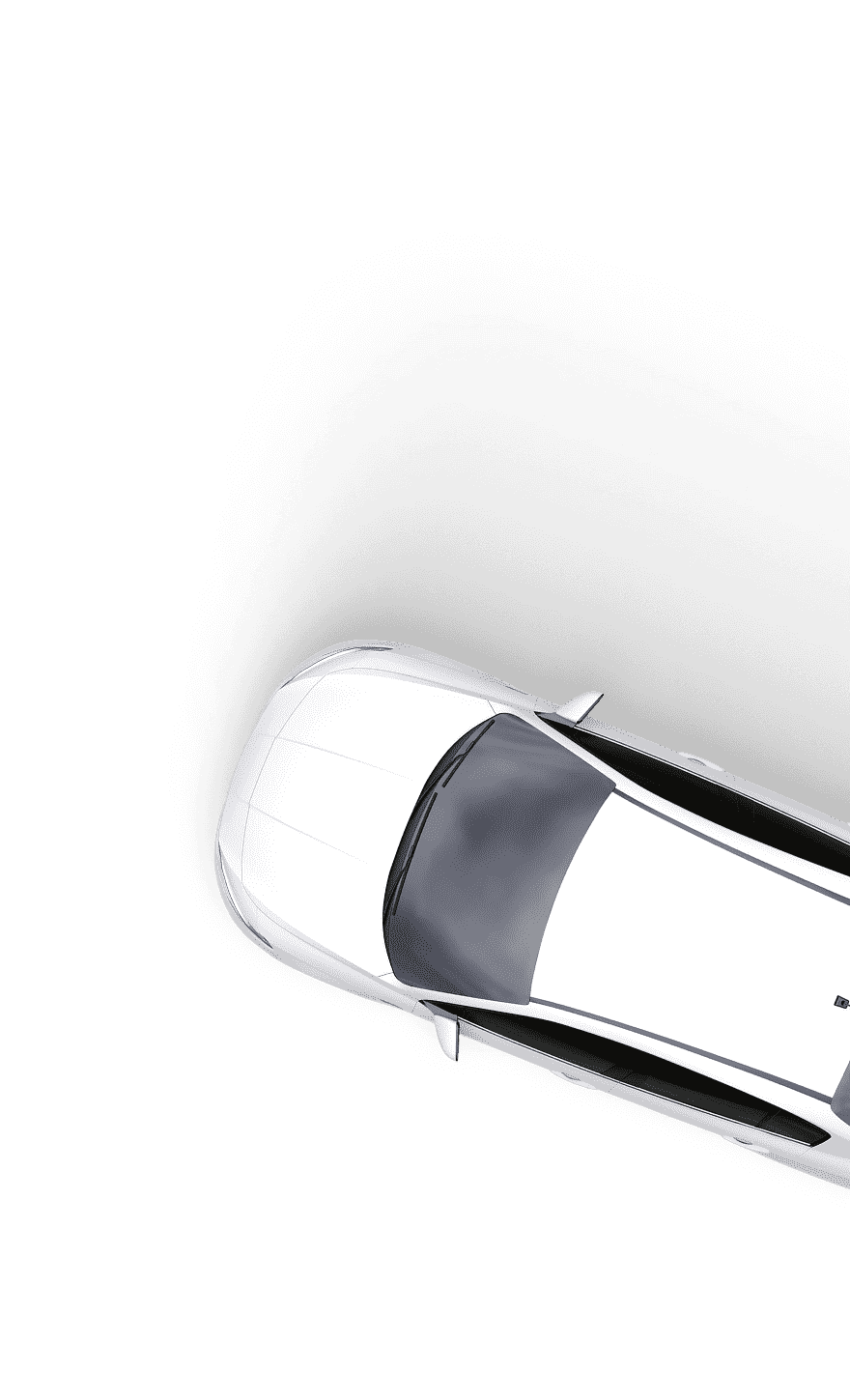Can You Collect My Car if It’s Full of Rubbish?
Scrap dealers will refuse to collect a car that’s full of rubbish or charge extra. The reason is that they’re licensed to handle vehicle parts and fluids, not general household waste.
Most ATFs expect the car to be reasonably clear so they can load it safely and process it without additional disposal costs. Leaving personal items and general rubbish inside slows down the collection and could potentially lead to added fees you didn’t expect.
Also worth mentioning: a car left full of rubbish on a public road can be flagged as abandoned by the local council, which may lead to warnings, penalties and even removal before you’ve arranged to have your car scrapped.
What items are accepted when scrapping my car?
Car scrap yards accept all the main car parts, including the engine, transmission, wheels, axles and everything else that makes up the vehicle itself.
You can also leave other valuable components in place, such as the radiator, battery, catalytic converter and remaining electronics and interior parts. In fact, keeping the car complete leads to a better scrap car price because the ATF can recover more materials.
Just make sure you remove all personal belongings and any non-vehicle waste before collection, because these are not accepted. It keeps the process quick, avoids extra charges and guarantees the ATF will be able to handle the car without delays.
What should you avoid leaving in your car when scrapping?
You should never leave non-vehicle items like household rubbish, personal belongings and general junk in the car when you’re taking it to be scrapped.
Flammable materials such as fuel cans, solvents and leftover oil, along with hazardous waste and large amounts of non-metal waste, create safety issues and slow down the depollution process at the ATF. Not to mention, they cost money to dispose of — and that usually ends up added to your bill.
Clear out anything that isn’t part of the vehicle so the car is safe, compliant, and ready for collection without delays or surprise charges.
How to avoid wasting collection time
Preparing the car in advance is the easiest way to ensure a smooth and efficient collection. To do that, clear out unnecessary items and make sure the vehicle is easily accessible for the collection team. Those two things are 90% of the battle.
The most common time-wasters are simple things:
- Personal belongings left in the boot
- Bags of rubbish still inside
- The car being boxed in by other vehicles so the recovery truck can’t reach it
Even small oversights can slow the collector down or force them to reschedule.
A quick double-check before they arrive is usually enough to avoid problems. If the car isn’t ready or can’t be accessed safely, you may be charged for a wasted collection, so a few minutes of prep genuinely pays off.
Does my car need to be in good condition to be scrapped?
Your car doesn’t need to be in good condition to be scrapped. Scrap dealers routinely accept non-runners, MOT failures, accident write-offs and damaged cars with major mechanical issues because they’re valued for their metals and recyclable parts, not their roadworthiness. Most of the time, the collector just needs to be able to access the vehicle safely.
It’s still worth checking if the dealer has specific requirements, like making sure the wheels are still on (many collectors can’t remove a car without wheels). And as always, clear out your personal items to keep the collection quick and stress-free.






